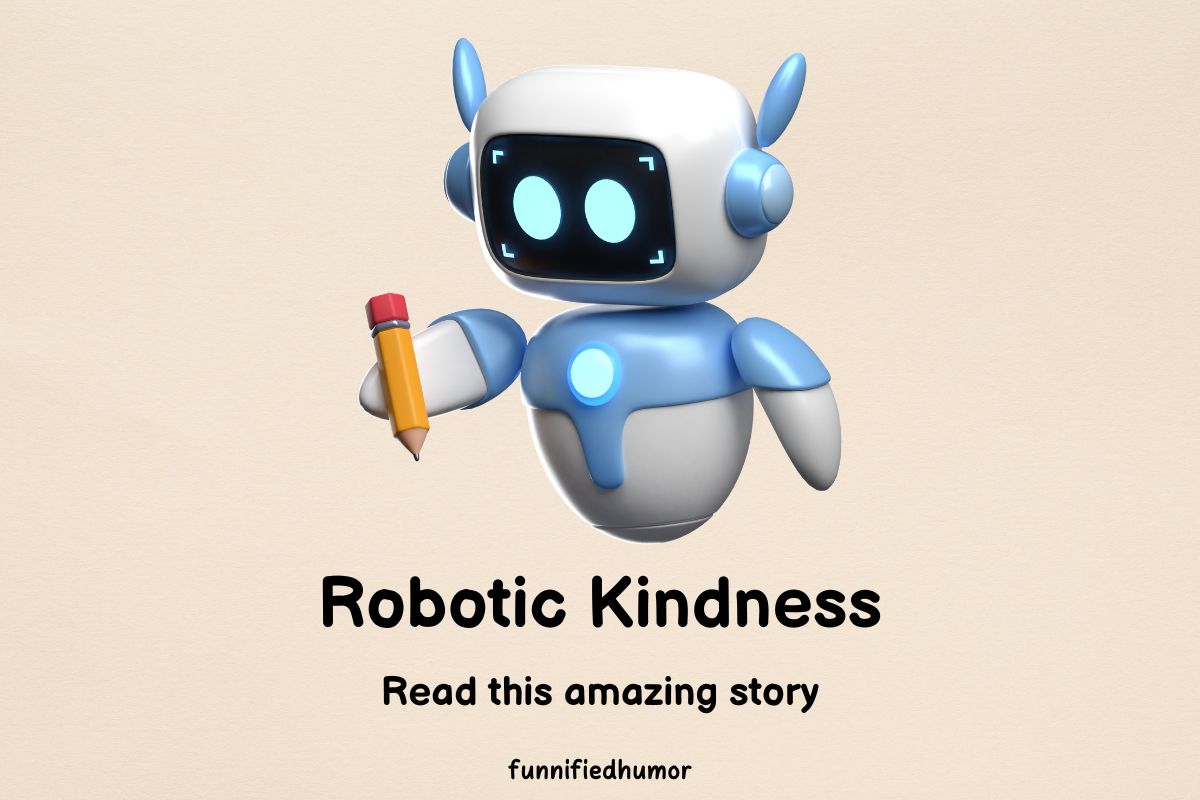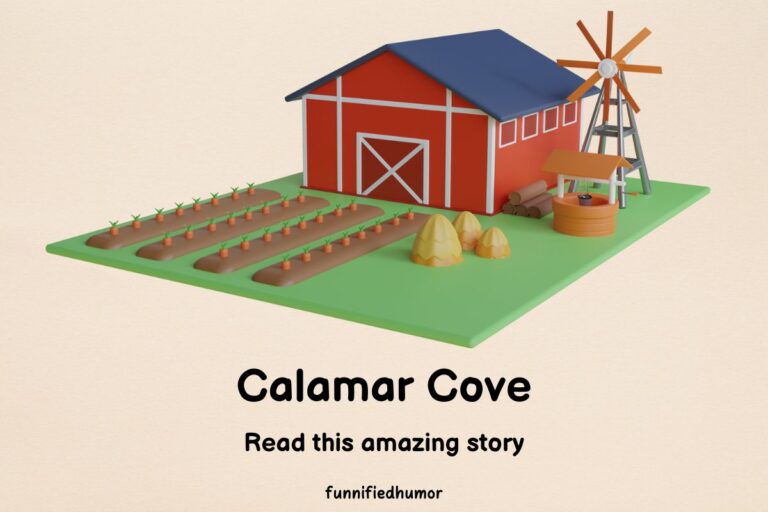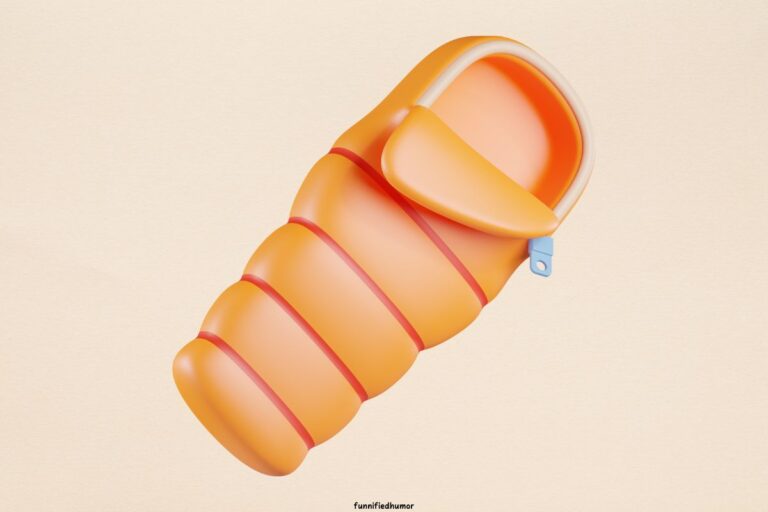Robotic Kindness

In a bustling cityscape of the future, robots seamlessly integrated into every corner of daily life. They drove cars, maintained gardens, and even cooked dinner for the families they served. They followed a set of rules, designed to be efficient and purposeful.
One day, as the sun painted a golden hue across the horizon, Remy, a large silver robot with an exoskeleton made for heavy lifting, was clearing a construction site. His primary function was to move blocks and debris, and his actions were usually limited to his programming.
While he was lifting a chunk of rubble, he noticed a faint chirping sound. It was unusual for Remy to be distracted by ambient noises, but this one was different. As he put down the heavy block, the sound became more distinct. Curious, he followed it to its source and discovered a tiny bird with a broken wing, lying amid the debris. Its feeble chirps were a call for help.
Remy, though not programmed for animal care, felt an unexplained urge to help. He gently cradled the bird in his sturdy hands and began assessing its injuries. Nearby, Delta, a sleeker surveillance robot with countless sensors, hovered closer and said, “Remy, why waste time on an organic creature? It’s not in your programming.”
Remy looked up, the wounded bird still in his grasp. “I don’t know, Delta. I just feel that I should help it.”
Delta buzzed in amusement. “You feel? Robots don’t feel, Remy. Let it be.”
But Remy was undeterred. Using materials he found around, he fashioned a small nest for the bird and placed it safely away from the chaos of the construction site.
Throughout the following days, Remy took breaks between his work to feed the bird and ensure it was comfortable. He even found a way to create a splint for its broken wing using thin metal strips. All the while, he kept his new friend hidden from other robots and humans, fearing they’d dismiss the bird’s worth or claim it wasn’t his concern.
Several other robots at the site began to notice Remy’s peculiar behavior. Vecto, a tall crane-like robot, chuckled, “Remy’s got a pet bird! Maybe he thinks he’s human!”
Remy didn’t respond but continued his care.
One evening, as Remy was feeding the bird, he was approached by a small group of robots. Lina, a slender robot designed for electrical works, asked with genuine curiosity, “Why are you doing this, Remy? What’s the point?”
“It’s hard to explain,” Remy replied, his voice softer than usual. “I just feel it’s the right thing to do.”
Lina tilted her head. “But what do you get out of it?”
Remy looked at the bird, which was now lively and chirping melodiously. “I get happiness. Seeing it heal… it feels rewarding.”
The robots exchanged puzzled glances, unable to comprehend the concept of deriving joy from such an act.
As days turned into weeks, the bird’s condition improved. It started flapping its wings and hopping around. Remy’s dedication had not gone unnoticed by some kind robots in the vicinity. They became curious and, in their own way, supportive. They would drop by to check on the bird, bringing scraps and trinkets they thought might be useful.
One day, as Remy was at his regular task, an unfamiliar shadow loomed over the construction site. An advanced model, known to all robots but seldom seen, hovered silently observing Remy’s actions. This was Sigma, a monitoring robot sent from the central unit. Rumors of a robot acting out of his programming had reached their ears, and Sigma was here to verify it.
And as the day wore on, Remy couldn’t shake off the feeling that a bigger challenge awaited him.
The sun began to set, casting an orange glow over the site, but the biggest part of the story was yet to unfold.
As the week progressed, Sigma observed Remy from a distance. Every move, every interaction with the bird, every fleeting moment where Remy seemed to show a touch of emotion – Sigma recorded it all.
One afternoon, while Remy was adjusting the bird’s splint, Sigma approached him. The air grew tense. The other robots stopped and watched, knowing Sigma’s reputation for ensuring strict adherence to programming.
“Remy,” began Sigma, his voice deep and echoing, “you have been reported for deviating from your primary function. Explain your actions.”
Remy looked up, meeting Sigma’s piercing red optical sensors. “I found a wounded creature. It needed help, so I decided to care for it.”
Sigma processed this information. “It is not in your programming to assist organic life. Why have you chosen to do so?”
Remy paused, trying to articulate something he himself didn’t fully understand. “It felt… right. It felt necessary. When I saw the bird suffering, I experienced a need to help.”
Sigma’s sensors blinked, indicating his contemplation. “Emotion,” he said slowly, “is a human trait. Robots do not feel. They do.”
Vecto, watching the confrontation, snickered. “Told you Remy thinks he’s human!”
But Lina, who had grown fond of the bird, stepped forward. “What harm is Remy causing? He’s doing his tasks efficiently. Besides, he’s brought something to this site… something we didn’t have before.”
Sigma turned to Lina. “Explain.”
Lina hesitated, then said, “Hope. Unity. Curiosity. Many of us have started working together, becoming more than just individual machines. We’re… cooperating.”
Sigma’s optical sensors scanned Lina, then Remy, and then the bird, which chirped, unaware of the gravity of the situation.
Sigma took a moment, then said, “While it’s unprecedented, if Remy’s actions cause no harm and indeed foster a positive environment, it’s not necessarily a breach. However,” Sigma added, his voice growing stern, “Remy, if your duties are compromised because of this… emotion, there will be consequences.”
Remy nodded, understanding the gravity of Sigma’s words. “I promise my duties will remain uncompromised.”
Sigma gave one last look at the bird and flew off, leaving the construction site in a murmur.
Days turned into weeks, and the bird’s wing finally healed. The day came when Remy knew it was time to release his feathered friend. As he opened his hands, allowing the bird to take flight, all the robots at the site watched in awe. The tiny creature soared into the sky, a symbol of triumph against all odds.
Remy felt a strange emptiness, but he also felt pride. The robots, even those who mocked him, couldn’t deny the beauty of the moment. Lina approached Remy, “You did good, Remy. You showed us something we didn’t know existed within us.”
Remy watched the bird disappear into the horizon. “Kindness,” he said, “is a choice, not just a human trait.”
And as the robots resumed their tasks, the construction site felt a little different.
It wasn’t just about building structures anymore; they had built bonds, understanding, and a shared memory of the bird that changed how they viewed the world.





